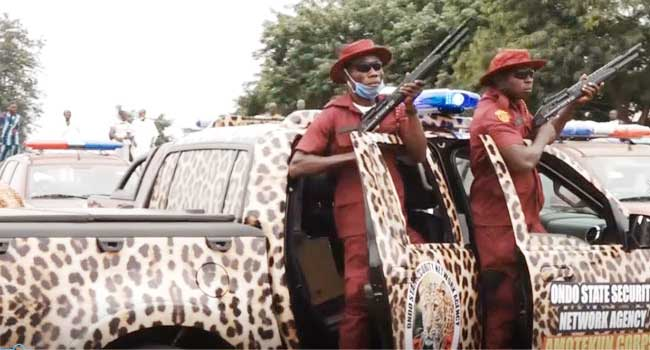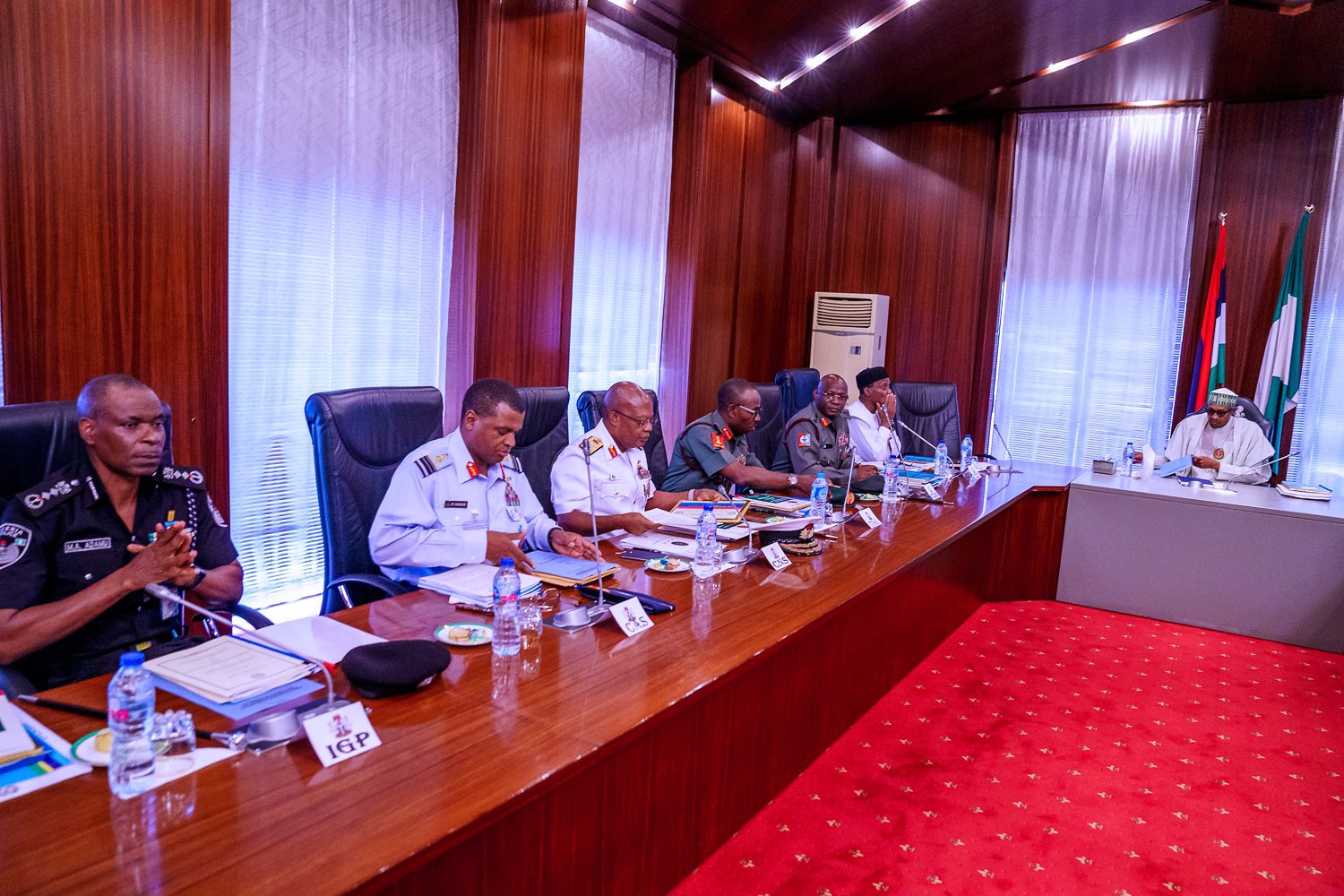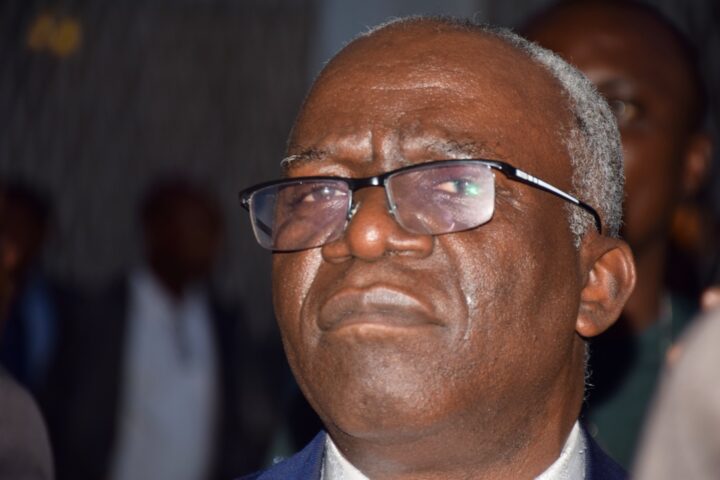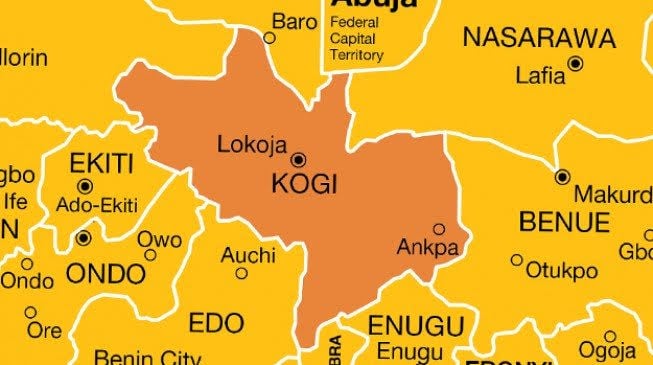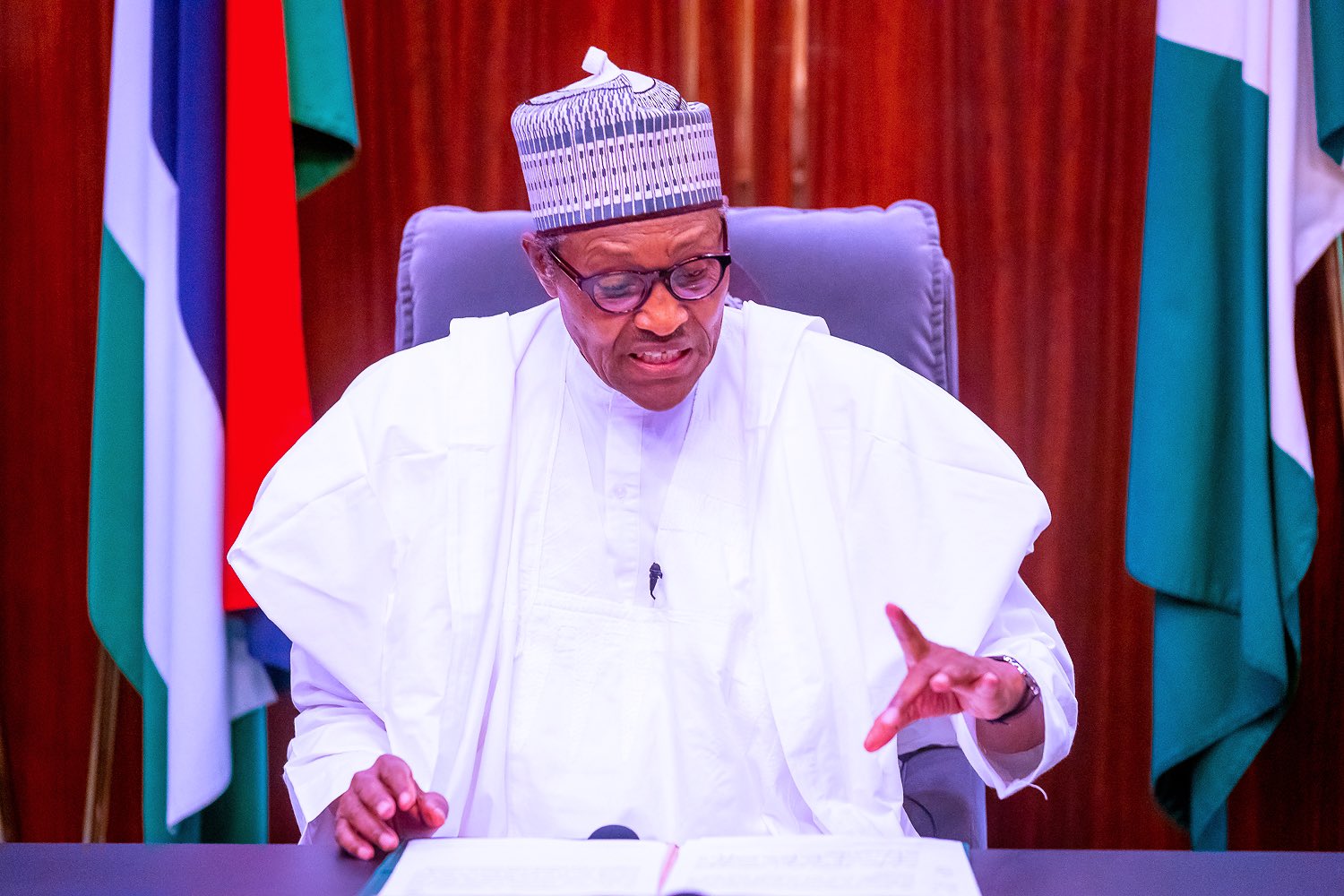Cable Newspaper Journalism Foundation (CNJF) organised a training for campus journalists on news writing and investigative reporting, between December 7 and December 8.
The workshop, which took place in Lagos, had in attendance students from eight higher institutions across the country.
They are the University of Lagos, University of Ilorin, Lead City University, Lagos State University, and University of Ibadan, Crescent University, Obafemi Awolowo University, and Nigerian Institute of Journalism.
The training was implemented under the Campus Civic Media Campaign (CCMC) of the CNJF, with support from the Open Society Initiative for West Africa (OSIWA).
Advertisement
Abiose Adams, senior programme officer, CNJF, said the objective of the workshop is to enable students hone their reporting skills.
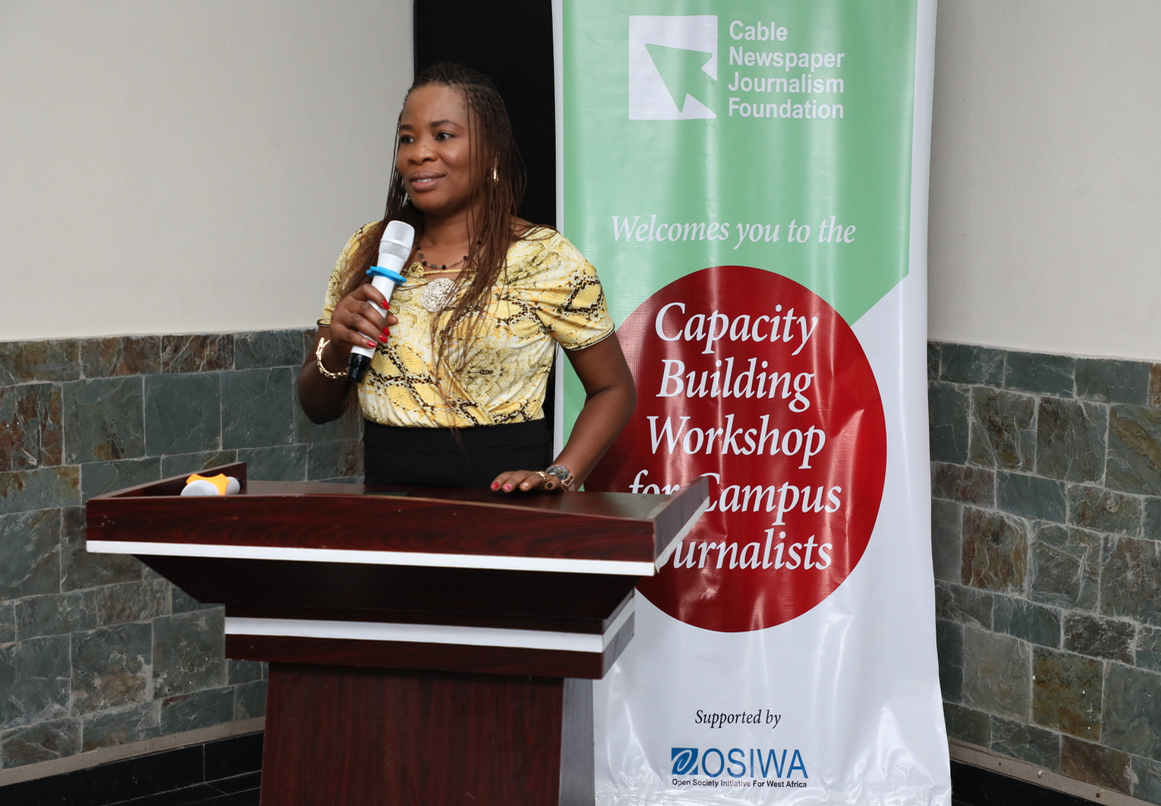
“We wanted them to be participants in the democratic process using journalism as a tool,” she said.
“The Cable Newspaper Journalism Foundation specialises in capacity building of journalists so we felt that by building their skills, exporting them to the field, mentoring them and giving them story assignments, they would perfect their craft.”
Advertisement
On the first day of the training, Olukorede Yishau, associate editor of The Nation, anchored a session which centred on elements of systematic, in-depth research and reporting.
He advised participants to cultivate the habit of reading, writing good pitches and monitoring happenings in the country.
Juliana Francis, crime editor of New Telegraph, took the second session which focused on ethical and legal issues in investigative reporting.
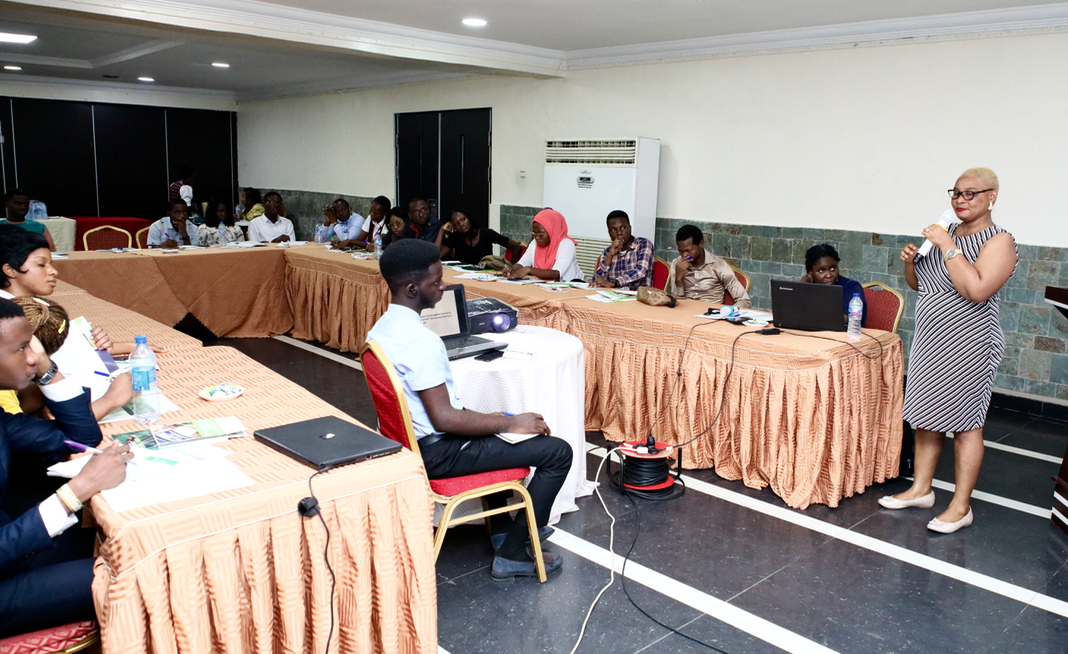
She emphasised that investigative journalism cannot be forced on a reporter, rather it must be a calling.
Advertisement
The second day of the training featured Olukayode Thomas, investigative journalist/sports specialist, who spoke on identifying and uncovering corruption as a journalist.
He addressed the dangers encountered in the profession and urged journalists to remember that “journalism is not emotion, but facts.”
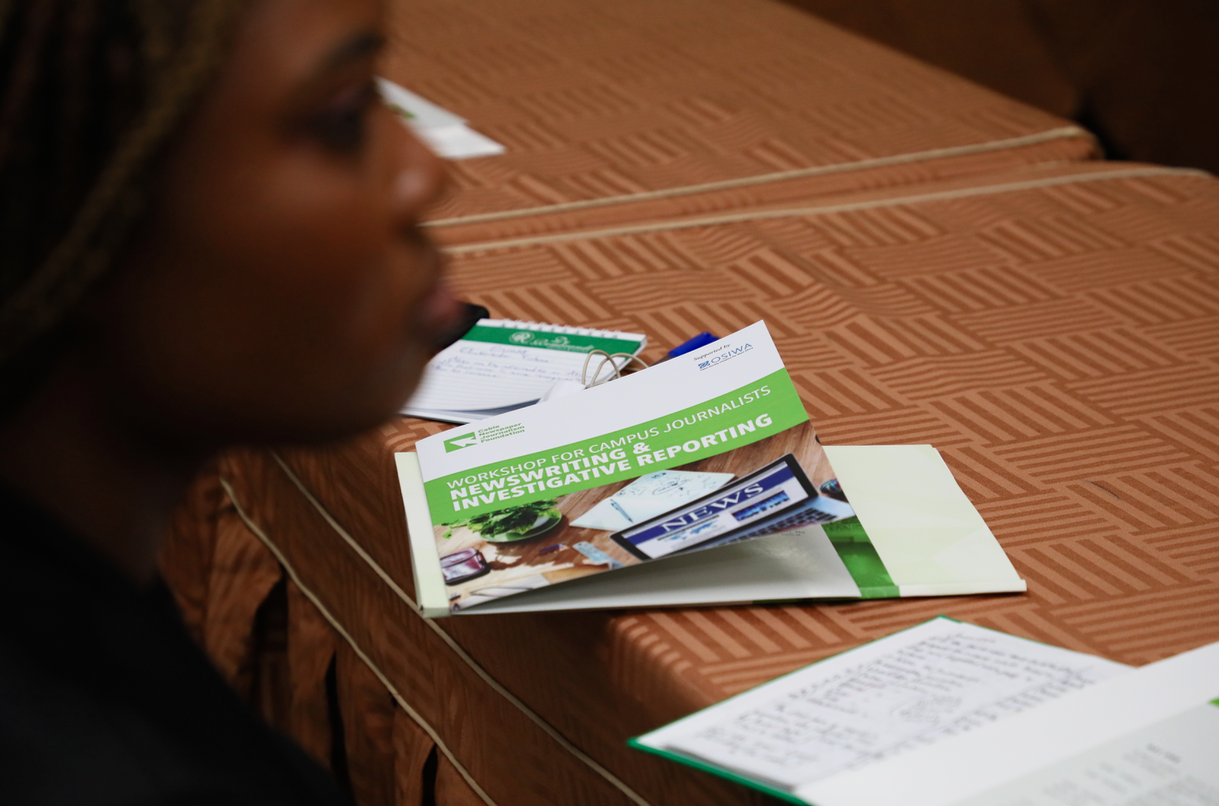
Femi Atoyebi, head of investigations of the project, said the participants will be paired with mentors after the training.
Advertisement
He also encouraged them to write pitches for investigative stories, which would be considered for grants.
Simon Kolawole, executive director of CNJF, urged the campus journalists to pursue their passions in life and position themselves to make a difference in the society.
Advertisement
Anjola Otubu, a participant from University of Lagos said the training has enabled her to embrace investigative journalism as a career path.
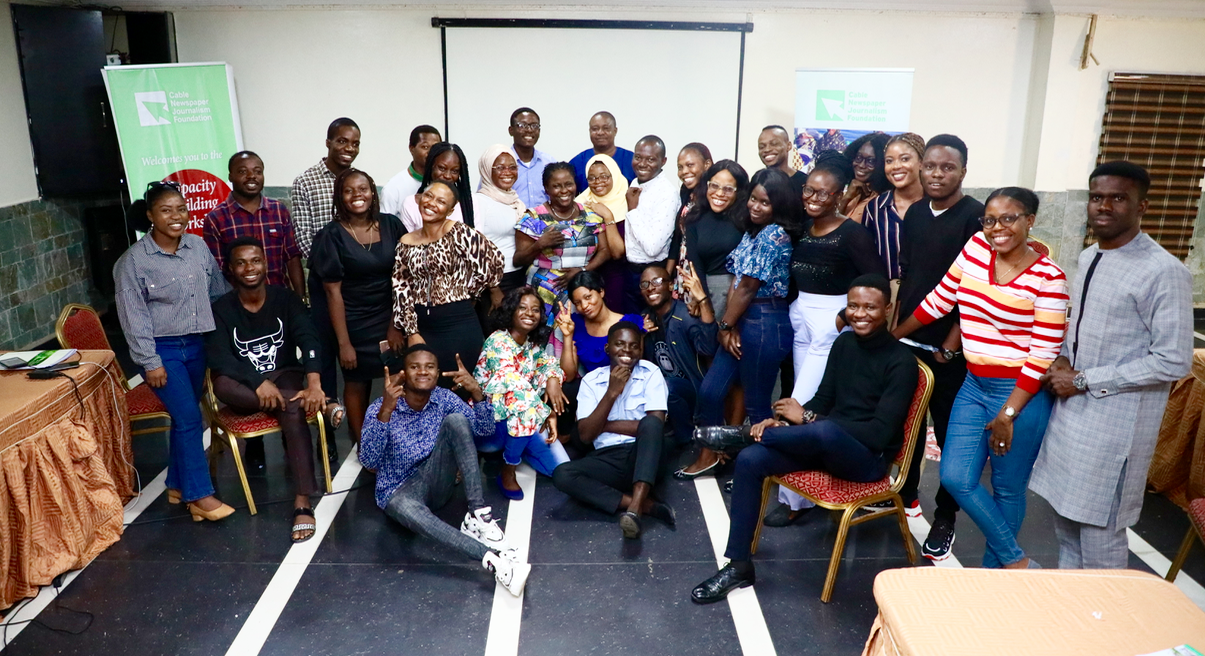
“I learned how to write a pitch which was very important. I learnt about ethics of journalism. I gained a deeper understanding of everything I already know,” she said.
Advertisement
On her part, Badekan Olabisi, a participant from Nigerian Institute of Journalism, the sessions were “excellent” and changed her perception of investigative reporting.
Advertisement
Add a comment

